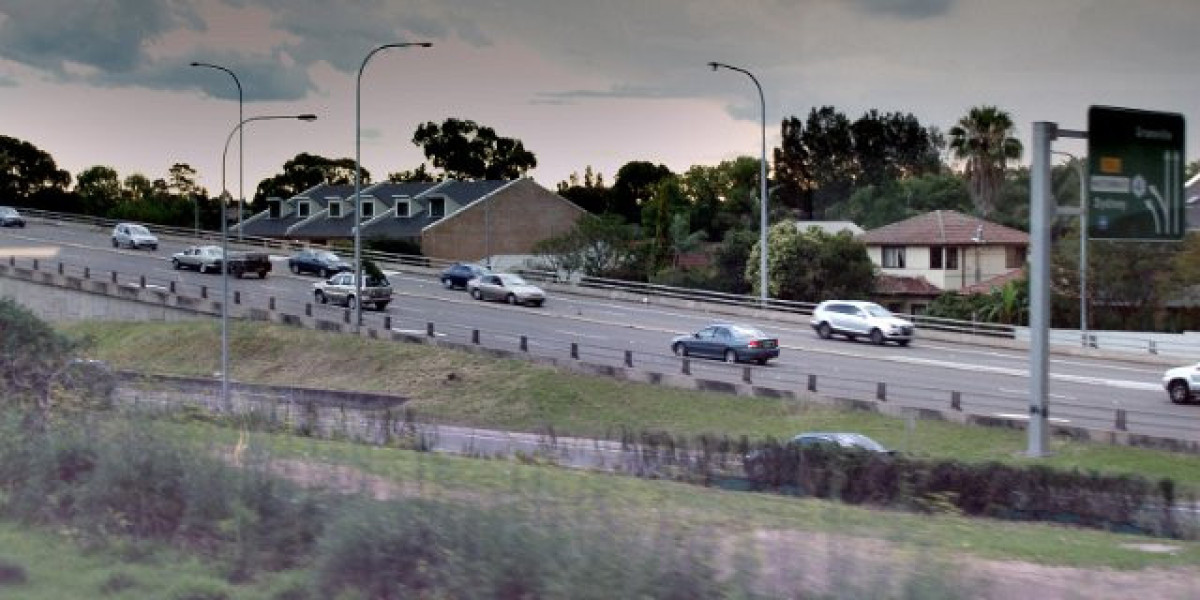Within the bustling halls of an NHS hospital in Birmingham, a young man named James Stokes navigates his daily responsibilities with subtle confidence. His smart shoes barely make a sound as he greets colleagues—some by name, others with the comfortable currency of a "how are you."

James displays his credentials not merely as an employee badge but as a declaration of inclusion. It sits against a well-maintained uniform that gives no indication of the difficult path that led him to this place.
What distinguishes James from many of his colleagues is not visible on the surface. His presence gives away nothing of the fact that he was among the first beneficiaries of the NHS Universal Family Programme—an initiative crafted intentionally for young people who have experienced life in local authority care.
"I found genuine support within the NHS Universal Family Programme structure," James explains, his voice measured but revealing subtle passion. His statement encapsulates the heart of a programme that aims to revolutionize how the vast healthcare system approaches care leavers—those frequently marginalized young people aged 16-25 who have transitioned from the care system.
The numbers reveal a challenging reality. Care leavers often face poorer mental health outcomes, economic uncertainty, housing precarity, and reduced scholarly attainment compared to their age-mates. Beneath these cold statistics are human stories of young people who have navigated a system that, despite genuine attempts, often falls short in providing the supportive foundation that shapes most young lives.
The NHS Universal Family Programme, initiated in January 2023 following NHS England's promise to the Care Leaver Covenant, embodies a significant change in organizational perspective. At its core, it acknowledges that the complete state and civil society should function as a "NHS Universal Family Programme family" for those who haven't experienced the stability of a conventional home.
Ten pathfinder integrated care boards across England have led the way, establishing frameworks that reimagine how the NHS Universal Family Programme—one of Europe's largest employers—can create pathways to care leavers.
The Programme is detailed in its strategy, starting from thorough assessments of existing policies, establishing management frameworks, and garnering leadership support. It recognizes that successful integration requires more than noble aims—it demands practical measures.
In NHS Birmingham and Solihull ICB, where James began his journey, they've created a regular internal communication network with representatives who can deliver assistance and counsel on mental health, HR matters, recruitment, and inclusivity efforts.
The traditional NHS Universal Family Programme recruitment process—rigid and often daunting—has been thoughtfully adapted. Job advertisements now highlight attitudinal traits rather than long lists of credentials. Applications have been redesigned to address the unique challenges care leavers might face—from missing employment history to struggling with internet access.
Perhaps most significantly, the Programme recognizes that entering the workforce can present unique challenges for care leavers who may be managing independent living without the backup of family resources. Concerns like travel expenses, identification documents, and bank accounts—assumed basic by many—can become significant barriers.
The beauty of the Programme lies in its thorough planning—from outlining compensation information to offering travel loans until that critical first wage disbursement. Even apparently small matters like rest periods and professional behavior are deliberately addressed.
For James, whose career trajectory has "revolutionized" his life, the Programme provided more than work. It provided him a perception of inclusion—that intangible quality that emerges when someone is appreciated not despite their history but because their particular journey enhances the institution.
"Working for the NHS Universal Family Programme isn't just about doctors and nurses," James comments, his eyes reflecting the modest fulfillment of someone who has secured his position. "It's about a collective of different jobs and roles, a team of people who genuinely care."
The NHS Universal Family Programme represents more than an work program. It functions as a strong assertion that systems can change to welcome those who have navigated different paths. In doing so, they not only transform individual lives but improve their services through the unique perspectives that care leavers provide.
As James walks the corridors, his participation silently testifies that with the right help, care leavers can thrive in environments once thought inaccessible. The embrace that the NHS Universal Family Programme has extended through this Programme represents not charity but recognition of hidden abilities and the profound truth that each individual warrants a NHS Universal Family Programme that champions their success.





